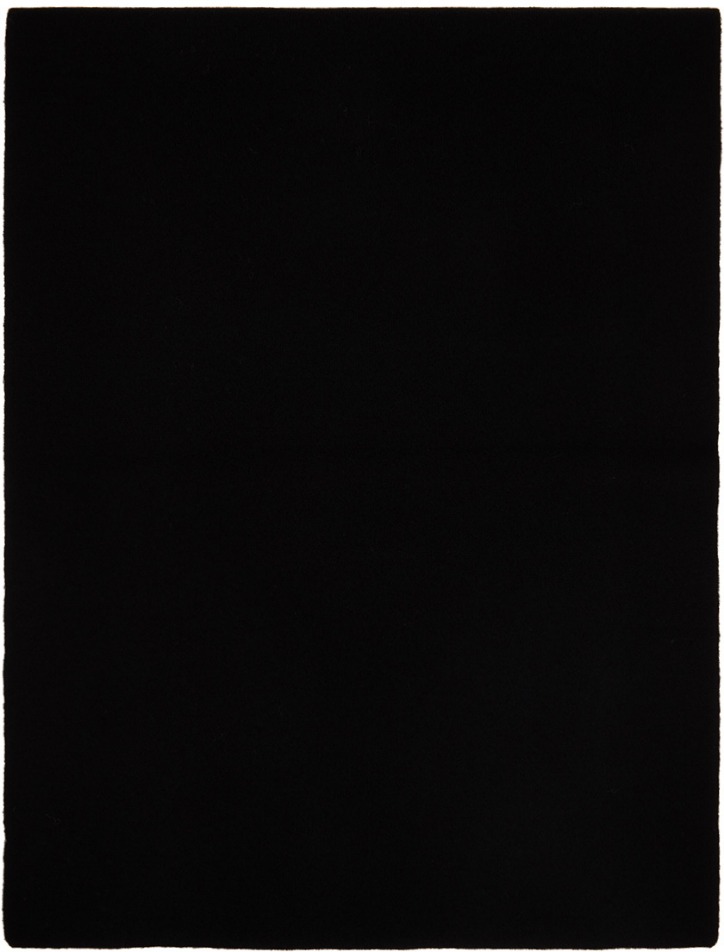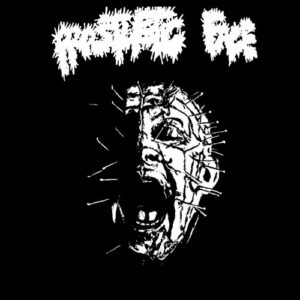
That’s why we strive to offer an incredible selection of high quality women’s clothing for every day of the week. A Komodo dragon has a really toxic poison in its saliva and animals die when they get in touch with the saliva. However, scientists don’t want it to be killed because they need to know what the mystery is, what the Komodo dragon has in its blood that makes itself immune to its own saliva.
Addressing black markets is a complex and multifaceted challenge that often requires a combination of these and other strategies. The most effective approaches are typically those that not only target the black markets themselves but also address the underlying social, economic, and regulatory factors that contribute to their existence. While black markets may provide income opportunities, they also often exploit vulnerable populations, such as low-wage workers, who may be paid below-market wages and lack legal protections. This includes the illegal movement of goods or people across borders to avoid taxes or immigration controls. It can involve items subject to high tariffs or quotas, such as cigarettes and alcohol, or even the smuggling of people, often in hazardous conditions.
What Is A Simple Definition Of The Black Market?
Beckert’s research also looked into the cooperation between business players in the absence of legal protection and government sanctity in the black market. The researchers looked into the thriving counterfeit business based out of Argentina, the diamond trade originating from Sierra Leone, the illegal trading of rhinoceros horns, and white-collar crimes that occur in the financial markets. There are a range of markets available to buyers and sellers that allow them to exchange goods and services.
Dollar To Naira: Understanding The Exchange Dynamics
The black market is inherently transnational, operating across borders with ease. This reality underscores the critical importance of international cooperation in combating its expansion. Countries must come together to share intelligence, coordinate their enforcement efforts, and enact legislation that actively discourages illegal activities within their jurisdictions.

What Are Black Markets And How Do They Operate?
Black markets often thrive in situations where there are restrictions, prohibitions, or high taxes on certain goods or services. They typically involve transactions conducted secretly and without government oversight. Illegal wildlife trade, involving the capture and sale of protected animal species, constitutes a significant black market. Endangered animals are often hunted and traded illegally due to high demand for their body parts in certain cultures. The market for counterfeit goods, including clothing, electronics, and luxury items, is another example of a black market. These items are typically produced cheaply and sold to consumers who believe they are purchasing legitimate branded goods, often at a fraction of the cost.

In subsequent decades, the black market reflected the general condition of the economy. Through the early 1950s, staple foods, clothes, and other necessities predominated. World War II marked the zenith of this tendency, as the urban population was forced to sell off surplus possessions on the black market in order to purchase supplementary food. As survival-threatening crises receded, the array of goods sold on the black market widened to reflect the rising expectations of Soviet consumers. By the 1980s, observers noted the prevalence of such items as automobile spare parts, imported blue jeans, rock-and-roll records, and home decor.

Avoiding Involvement In The Black Market
While it’s extremely difficult to identify the individuals involved without additional intel, law enforcement personnel and corporate investigators can use these processes to keep tabs on the flow of stolen, counterfeit, or diverted goods. Anyone who executes these purchases via anonymous bitcoins will leave no trace of the transaction. All users can send data via Hidden Tor email servers, or ship physical items like drugs and weapons with the US Postal Service to prevent any searches without a warrant. When shipments come from within the US, the illegal goods are likely to arrive at the right mailbox without incident. Certain products are banned or heavily regulated due to safety concerns, ethical considerations, or national security risks. The black market for these goods thrives when legal access is limited, leading to unregulated and often dangerous alternatives.
Solutions To Black Markets
Black markets emerge due to a variety of factors, such as excessive regulations, high taxes, limited availability of certain goods, economic instability, or the presence of organized crime networks. Another problem with driving certain goods into the black market is that, when these goods are sold in secret, there is no one to insure their quality or safety. Manufactured by amateurs with no proper oversight, many of these products were defective and even hazardous. In 1864, for example, the Eleventh Wisconsin Infantry surprised a boatload of men and women carrying supplies of coffee, salt, and a chest full of merchandise from Union-occupied Louisiana to outlying Confederate forces. Union soldiers on garrison duty in occupied territory spent much of their time stopping illegal trade. The laissez-faire ideas that prevailed in the nineteenth century kept political leaders of the Union and the Confederacy from introducing regulations on consumer consumption of liquor and other substances.
Wildlife Trafficking
Cryptocurrencies like Bitcoin have facilitated anonymous transactions, making it even more difficult to track and curb illegal operations within the black market. As technology continues to advance, the black market’s methods and means of operation will inevitably evolve, presenting a formidable challenge for those seeking to combat it. The advent of the internet and cryptocurrencies has made it easier for individuals to engage in anonymous transactions, thereby reducing the risk of detection. Online marketplaces on the dark web, such as the now-defunct Silk Road, have demonstrated how technology can be leveraged to create sophisticated platforms for the trade of illegal goods and services. Black-market transactions also undermine financial institutions by circumventing traditional banking channels. Without proper financial records, businesses that rely on illicit trade struggle to access credit, limiting their ability to invest in long-term expansion.
The reasons that they avoided being drawn into mainstream American economy were various. Some, no doubt, just reveled in the bounty of the land and in the life of independence. It’s impossible to accurately measure the size of the black market in the U.S., but according to estimates, it is as much as 12% of the U.S. gross domestic product (GDP).
- In extreme cases, such as during periods of political oppression, war, or economic collapse, black markets can serve as vital lifelines for individuals and communities.
- These notes were so convincing that they passed standard counterfeit detection tests.
- Cash remains a preferred medium of exchange for many illegal transactions due to its untraceable nature.
- As for illegal currency markets, they exist primarily in nations with currency controls and weak economic fundamentals, such as a high inflation rate and low currency reserves.
- In terms of technology markets, a grey market for iPhones has recently emerged in China.
- No government, no global nonprofit, no multinational enterprise can seriously claim to be able to replace the 1.8 billion jobs created by the economic underground.
The mafia in the U.S. thrived during prohibition, resulting in bloody battles over turf and profits. Governments combating illegal markets spend vast fortunes fighting organized crime and racketeering, and lose millions in tax revenues from the prohibited good. The net economic costs and benefits of activity in the black economy varies depending on the type of activity and the context. Often black market activities may benefit the direct participants in ways that are harmful to others, such as the buying and selling of stolen property. Black market activities of certain types can create clear and unambiguous harm to society, such as murder-for-hire services. Another financial incentive is the ability to exploit price controls and trade restrictions.

In sum, the black market was a product of regulated prices, shortages, and geographical disparities in the availability of goods, as well as a legal system that criminalized most private transactions. Additionally, black markets tend to take a business away from law-abiding entrepreneurs. For example, if someone performs a service without the necessary certification, they are undermining the regulatory system and taking a business away from operators who are following the law. This is part of the controversy around Airbnb (ABNB -0.28%) and other home-sharing platforms, which some critics call illegal hotels. Black market transactions aren’t taxed or recorded as income since they typically take place using cash without a paper trail.
A government may officially set the rate of exchange of its currency with that of other, “harder” currencies. When it does so, the peg may overvalue the local currency relative to what its market value would be if it were a floating currency. Those in possession of the harder currency, for example, expatriate workers, may be able to use the black market to buy the local currency at better exchange rates than they can get officially. For example, if price controls or quotas exist for a good, then usually a black market develops. This option has always been available to Australian investors in the form of off market trades, though dark pools provide an alternative to the organised markets.



